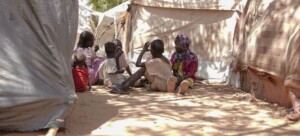University of Khartoum suspends classes amid second COVID-19 wave
The University of Khartoum Senate announced a suspension of classes on Saturday until precautionary health measures are strengthened amid second COVID-19 wave. The Ministry of Higher Education has decided to reduce the number of students and suspend various colleges for the year after an accumulation of delayed payments and other challenges faced by higher education institutions.
 201130 KHARTOUM Ministry of Higher Education press conference (Social media)
201130 KHARTOUM Ministry of Higher Education press conference (Social media)
The University of Khartoum Senate announced a suspension of classes on Saturday until precautionary health measures are strengthened amid second COVID-19 wave. The Ministry of Higher Education has decided to reduce the number of students and suspend various colleges for the year after an accumulation of delayed payments and other challenges faced by higher education institutions
On Saturday, the University of Khartoum Senate announced a suspension of classes in all colleges and faculties, including post-graduate ones, until stricter health precautions are implemented as Sudan’s second wave of COVID-19 infections continues.
The emergency meeting was chaired by the University Chancellor, Fadwa Abdelrahmanb, and concerned the health situation at the university and decided on the continuation of the ongoing and announced examinations.
The university called on students to communicate with the faculty deans about the arrangements of the examinations.
The new measures come after the government announced that it does not seek a second lockdown to prevent the spread of COVID-19. Instead, the government seeks to tighten health precautions.
The University of Khartoum, the Sudan University of Science and Technology, El Ahfad University for Girls, the University of Bahri and the Wadi El Neel University have suspended studies due to the increasing number of infections.
Suspension of course programmes
The Ministry of Higher Education and Scientific Research has decided to reduce the number of students admitted to universities for the academic year 2020-2021 by 5.4 per cent (22,395 students).
The ministry also decided to suspend a number of colleges, such as the Faculties of Engineering and Dentistry, for this year due to the accumulation of delayed payments and challenges facing higher education institutions.
The decisions were made in a meeting of the Higher Education Admission Committee yesterday. The meeting was chaired by the Minister of Higher Education, Intisar Seghiroun, and included the directors of Sudanese state and private universities.
Next to the suspension of colleges and the reduction of the overall number of student admissions, the decision was made to reduce the number of students for medicine, pharmacy, laboratories, and dental programmes and to integrate a number of disciplines and academic colleges, including education, agriculture, arts, and tourism.
The minister attributed the necessity of the decisions to the severe challenges that higher education institutions are going through, including a lack of equipment, laboratories, and qualified lecturers, combined with difficulties in the provision of a suitable housing environment for students, boarding facilities, and other requirements for stability in education.
She also explained that various difficulties, including the accumulation of delayed payments, were due to the health conditions in the country and the spread of COVID-19.
Numbers
According to statistics of the federal Ministry of Health, the total number of registered COVID-19 cases since the beginning of the pandemic in Sudan reached 17,810 with 406 new cases recorded in the past 24 hours. At least 1,249 people died. Doctors in Sudan say that “the real number of cases is much larger”.
The Sudanese Professionals Association (SPA) considers COVID-19 a national security threat. “The new cases announced by the ministry in its regular reports do not reflect the real epidemiological situation”, the SPA said in a statement on November 22. “The cases registered in private laboratories are not included in the official figures, while the government has no plans to correct this.”
Radio Dabanga’s editorial independence means that we can continue to provide factual updates about political developments to Sudanese and international actors, educate people about how to avoid outbreaks of infectious diseases, and provide a window to the world for those in all corners of Sudan. Support Radio Dabanga for as little as €2.50, the equivalent of a cup of coffee.












 and then
and then